
Recommendation
Apple’s customers love its products. They line up overnight to be the first to buy its newest offerings. They form user groups, becoming Apple “tribe” members. With such loyal customers, Apple has attained self-sustaining business momentum. How did it achieve this rank? Do its managers spend their time slashing costs? No, Apple’s leaders focus on developing products that people feel they simply must have. In this carefully conceived, comprehensive book, business professor and consultant J.C. Larreche examines the way firms that have such momentum gain it and sustain it. The book is dense and it uses a fair dose of jargon to convey the power of momentum. Yet, Larreche’s lesson that product quality and customer satisfaction (or, better, adoration) are the roots of momentum comes through clearly. It might cross your mind that if you could create products that engender as much devotion as the iPod, well, you already would have done it. This book sets out to show you how. getAbstract recommends this treatise on innovative, customer-driven products and services to executives who want to pump up their products and their sales.
Summary
About the Author
J.C. Larreche holds the Alfred H. Heineken Chair at INSEAD. He is a consultant to numerous global Fortune 500 corporations and the founding chairman of a strategic development consultancy firm.


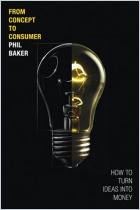
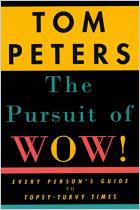
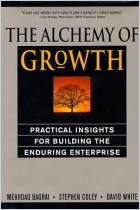
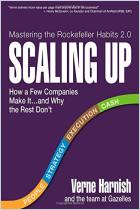
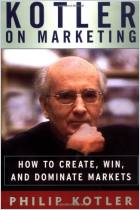
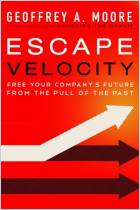






Comment on this summary